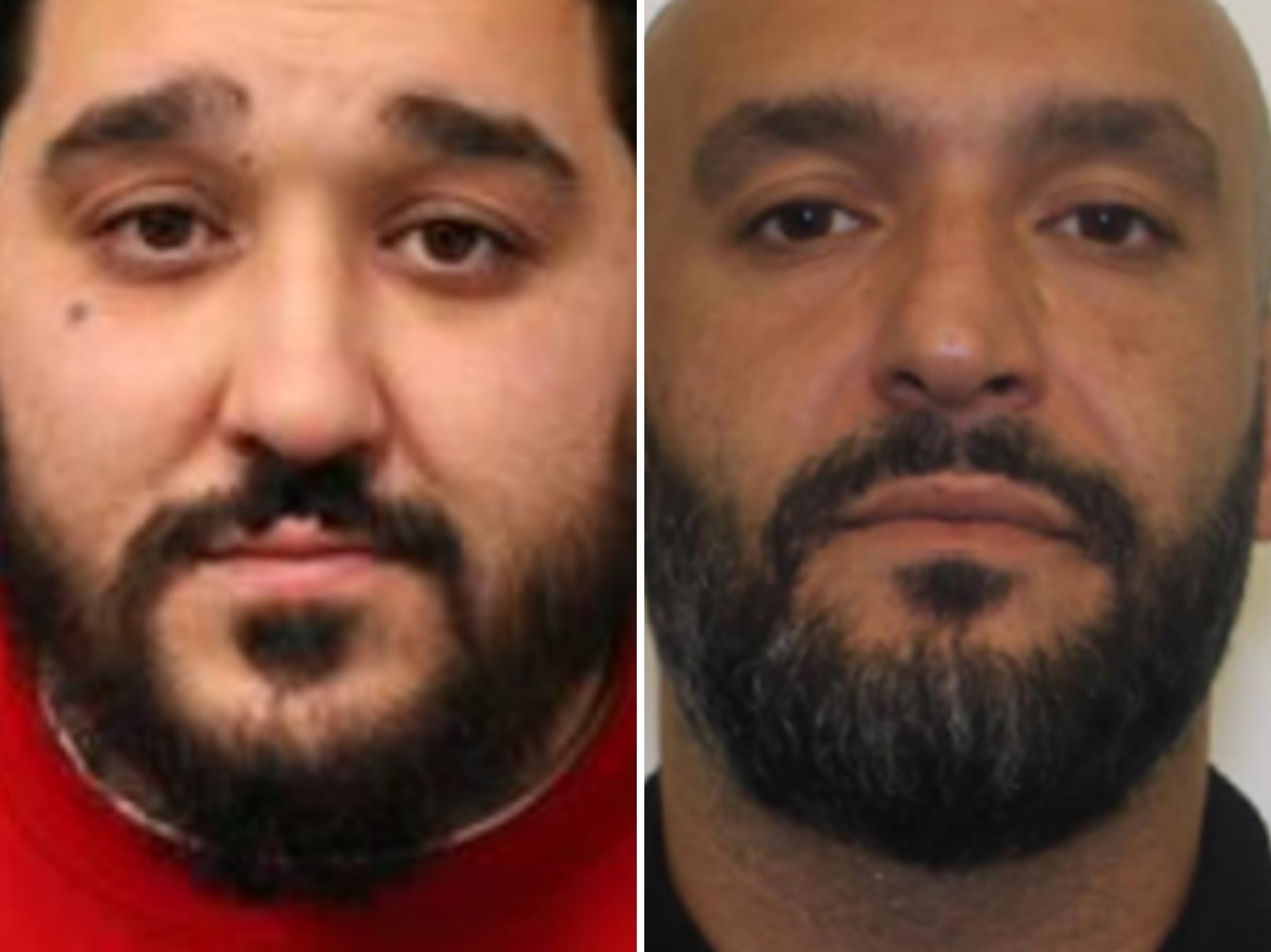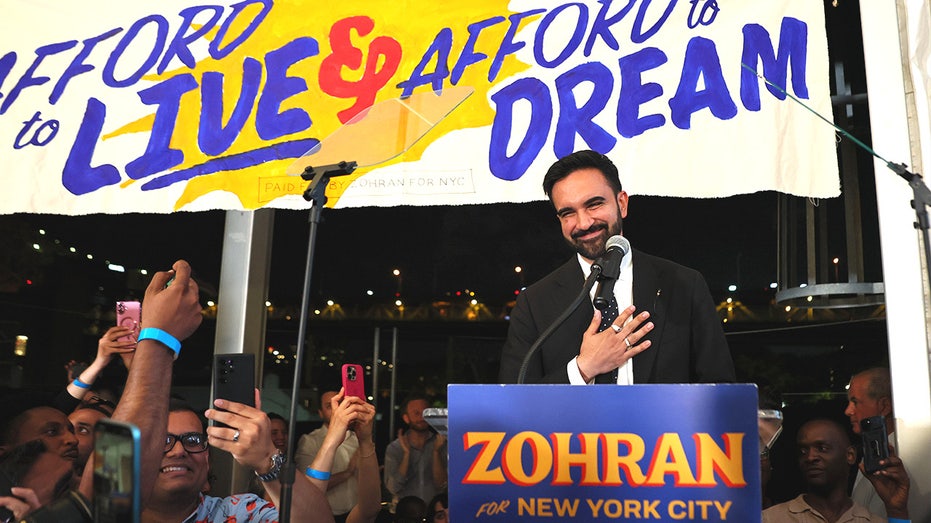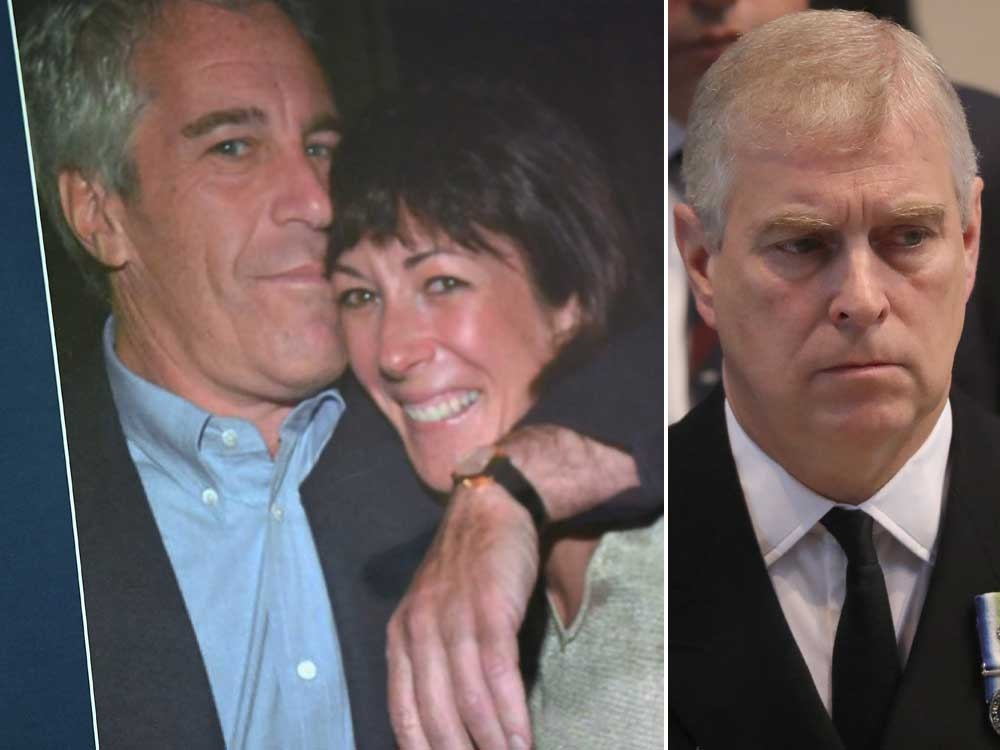The courtroom in Zwolle, Netherlands, became the stage for a harrowing tale of desperation and exploitation this week, as the trial of an Eritrean man accused of masterminding a brutal human smuggling ring began. Prosecutors allege Tewelde Goitom, known also as Amanuel Walid, preyed on the hopes of East African migrants, orchestrating their journeys to Europe under conditions described as horrific.
The core of the accusation centers on a network that allegedly demanded exorbitant ransoms from families, holding their loved ones captive in Libyan camps until payments arrived. These weren’t simply fees for passage; they were extortions built on fear and the fragile dreams of a better life, a life free from persecution and hardship.
Goitom, appearing in court dressed in casual clothes, vehemently denied the charges, claiming a case of mistaken identity. His extradition from Ethiopia in 2022, where he’d already been convicted of similar offenses, adds a layer of complexity to his defense.

This trial is unprecedented in its scale, representing one of the largest human smuggling cases ever undertaken by Dutch authorities. It’s expected to unfold over the next three weeks, promising a deep dive into the dark underbelly of a global criminal enterprise.
The proceedings are further complicated by the ongoing pursuit of Kidane Zekarias Habtemariam, described as one of the world’s most wanted human traffickers. Habtemariam previously escaped trial in Ethiopia in 2020 and is currently detained in the United Arab Emirates, awaiting extradition to the Netherlands.
Prosecutors seek to combine the cases, believing Habtemariam holds crucial information. Goitom’s defense, however, hopes Habtemariam’s testimony will ultimately prove his client’s innocence, a gamble that hinges on the testimony of a fellow accused.
Dutch authorities assert their jurisdiction based on the fact that some of the alleged crimes – the extortion of funds – occurred within the Netherlands. Families, desperate to secure their relatives’ freedom, allegedly made payments that landed within Dutch financial systems.
The defense strongly contests this claim, arguing that the financial transactions took place in Eritrea or through the UAE, diminishing the Netherlands’ legal standing. They maintain there’s no concrete link establishing Dutch jurisdiction over the alleged crimes.
The case shines a light on the growing number of Eritrean migrants seeking refuge in the Netherlands, fleeing a nation gripped by repression. Refugee aid groups report a recent surge in young Eritreans seeking asylum, escaping indefinite compulsory national service.
That national service, according to a recent U.N. investigation, is far from patriotic duty. It’s a system rife with torture, sexual violence, and forced labor, driving countless Eritreans to risk everything for a chance at freedom.
Approximately 28,000 people of Eritrean descent now call the Netherlands home, a testament to the enduring appeal of safety and opportunity. Their stories, and the stories of those still seeking passage, are woven into the fabric of this complex and deeply troubling trial.
Eritrea, having gained independence from Ethiopia three decades ago, remains under the iron grip of President Isaias Afwerki, a leader who has never faced an election, perpetuating a cycle of oppression that fuels the desperate journeys across continents.





